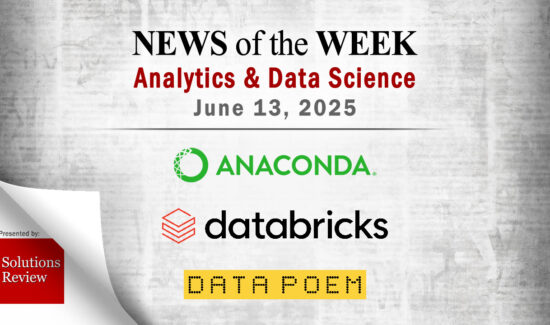Study: BI Reporting Plagued by Poor Depth of Analysis, Lackluster Context


According to a study by Chicago-based natural language generation provider Narrative Science, business intelligence reporting is plagued by poor depth of analysis and lackluster context. The 2018 State of Business Intelligence Reporting study includes hundreds of BI report authors, administrators, and decision makers. Narrative Science surveyed more than 400 Dynamic Narratives extensions for BI platforms including Qlik Sense, Power BI, Tableau, MicroStrategy, and SAP BusinessObjects Lumira.
It may come as a surprise to some, but most reporting is considered a centralized function that supports multiple lines of business. According to Narrative Science: “Scheduled reports are distributed on an automatic basis and are typically published via controlled production tables and dashboards. Ad-hoc reports tend to be exploratory in nature and give more control to users who interact with and drill down into data and visualizations directly.” 63 percent of respondents identified scheduled reporting as their main style.
Most of those surveyed had the term ‘analyst’ in their titles. As a result, we can conclude that these BI users spent a solid amount of time doing reporting. 61 percent of those polled explained that more than half of their time each week is dedicated to reporting alone. Roughly a third of respondents spend 75 percent of their time doing so. These trends make it easy to see that this group struggled to conduct in-depth analysis. The study adds: “Report Authors want to deliver relevant, informative, and consumable reports to their business counterparts, but lack the time necessary to do so.”
Excel remains he primary method for data and analytics leaders to digest reports, followed by dashboards and presentations that are shared electronically. However, business leaders dislike that their reports are mostly numbers, and according to Narrative Science, do not include enough qualitative analysis. In sum, business leaders want reports that feature lots of context but that aren’t too hard to understand.
The company’s Chief Operating Officer Nick Beil said in a statement regarding the report: “The report confirms what we’ve been hearing from our customers and partners: that business literate individuals don’t need to be data literate—they need timely, relevant, and intuitive information so they can do their jobs better.”
We encourage you to read the report in its entirety, available here.































